Table of Contents
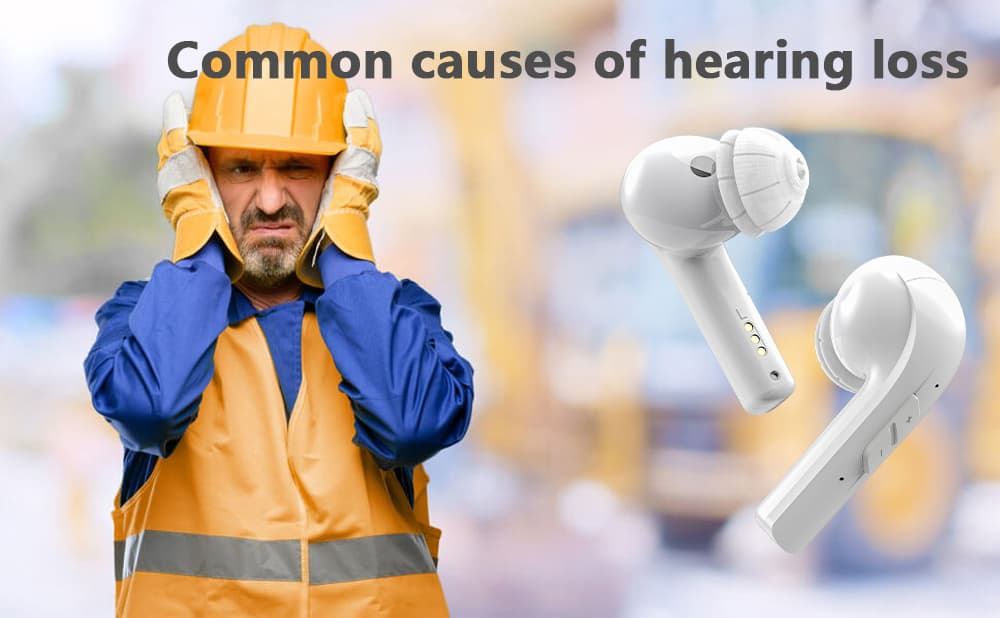
Common Causes of Hearing Loss
- Amy
- Oct 24, 2024
- 0 Comments
First, let us understand how hearing is produced:
We hear sounds and understand them, not only relying on the ears, but also need to be associated with the brain. External sound waves are transmitted to the external auditory canal through the medium and then to the eardrum. The eardrum vibrates, amplified by the ossicles and then transmitted to the inner ear, stimulating the ciliary cells in the cochlea (also known as: auditory receptors) to generate nerve impulses. The nerve impulses are transmitted along the auditory nerve to the auditory center of the cerebral cortex, connecting with the language center, and finally understanding the meaning of the words.
However, when hearing is reduced, the input (stimulation) of the brain is significantly reduced, and hearing loss may be associated with the atrophy of the auditory cortex of the brain. This may greatly reduce the available resources for the language center to process sounds, affecting the speech recognition ability of patients with hearing loss.
There are many causes of hearing loss, which can be divided into several categories:
1. Noise exposure:
Prolonged exposure to high-volume noise can damage the hair cells in the inner ear and cause hearing loss. Common sources of noise include:
Industrial noise: factories, construction sites, etc.
Traffic noise: cars, airplanes, trains, etc.
Entertainment noise: concerts, nightclubs, concerts, etc.
Personal entertainment devices: headphones, mobile phones, etc.
2. Aging:
As we age, the hair cells in the inner ear will naturally decline, leading to hearing loss, which is called "age-related hearing loss."
3. Diseases and infections:
Some diseases and infections can affect hearing, for example:
Ear infections: otitis media, otitis interna
Viral infections: measles, mumps
Chronic diseases: diabetes, hypertension
Autoimmune diseases: lupus, rheumatoid arthritis
4. Drugs and chemicals:
Some drugs and chemicals can damage the inner ear and cause hearing loss, for example:
Antibiotics: streptomycin, kanamycin
Anticancer drugs: cisplatin, carboplatin
Solvents: toluene, xylene
5. Genetic factors:
Certain genetic diseases can cause hearing loss, for example:
Hereditary deafness
Perrott's syndrome
6. Trauma:
Head trauma, explosions, etc. can damage the inner ear and cause hearing loss.
7. Other factors:
Some other factors may also cause hearing loss, such as:
Brain tumors
Otosclerosis
Vascular diseases
8. Prevent hearing loss:
Avoid prolonged exposure to noise: Wear earplugs or earmuffs
Check hearing regularly: Detect hearing loss early and treat it in time
Control chronic diseases: Control blood sugar, blood pressure, etc.
Use medications with caution: Consult a doctor and avoid using medications that may damage hearing
Maintain a healthy lifestyle: Eat a healthy diet and exercise appropriately
If hearing loss is found, consult an otolaryngologist for examination and treatment in time.
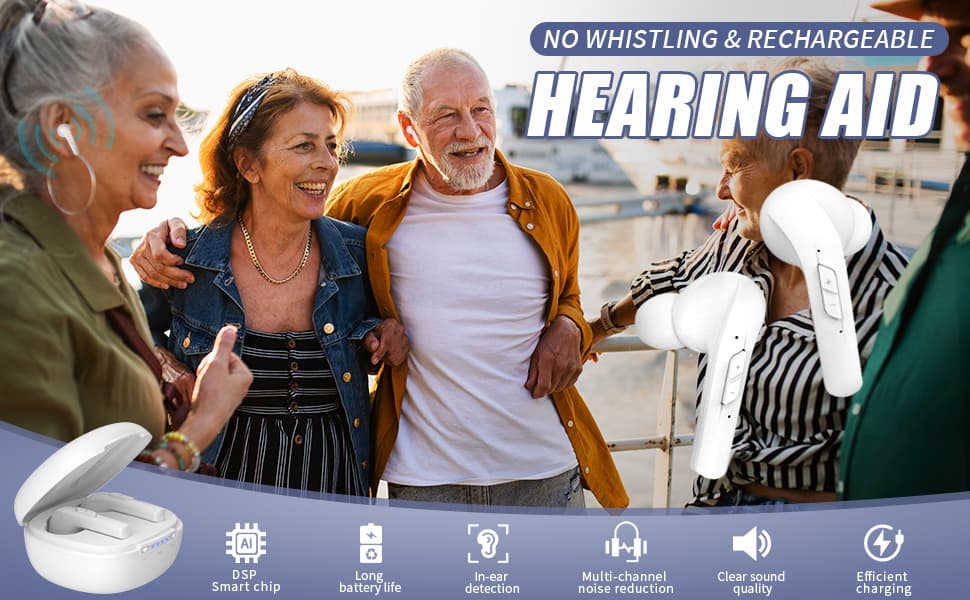
For a certain degree of hearing loss, such as mild to moderate, you can choose suitable professional otc hearing aids to wear, improve the quality of life, strengthen social connections and improve mental health through timely and effective communication with relatives and friends.
Wearing otc hearing aids can relieve the symptoms of tinnitus to a certain extent and protect the auditory cells that have not been damaged.
Clinically, for mild to moderate hearing loss, the clinical effect of wearing self-fitted over-the-counter hearing aids is equivalent to that of hearing aids fitted by doctors.
The self-fitting hearing test provided by Hearingsense 1 otc hearing aid is far more accurate than other otc hearing aids at the same price. It is ready to use out of the box and easy to operate, which is very suitable for middle-aged and elderly people. 30-day free return is provided.
TWS hearing aids are equipped with Bluetooth streaming, support fine-tuning, use cheap prices, and provide a variety of high-quality functions. For your purchase, it is a wise choice.

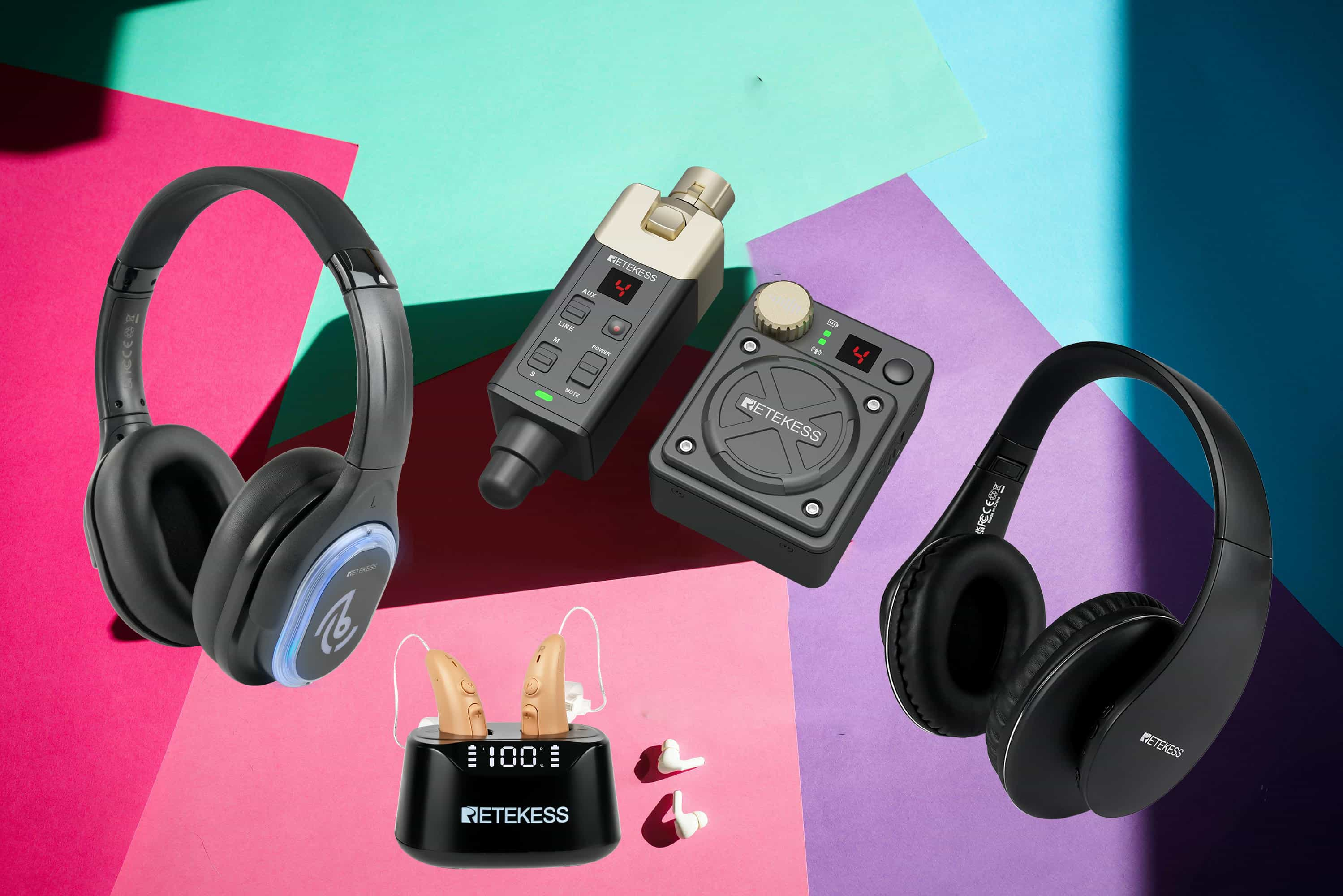
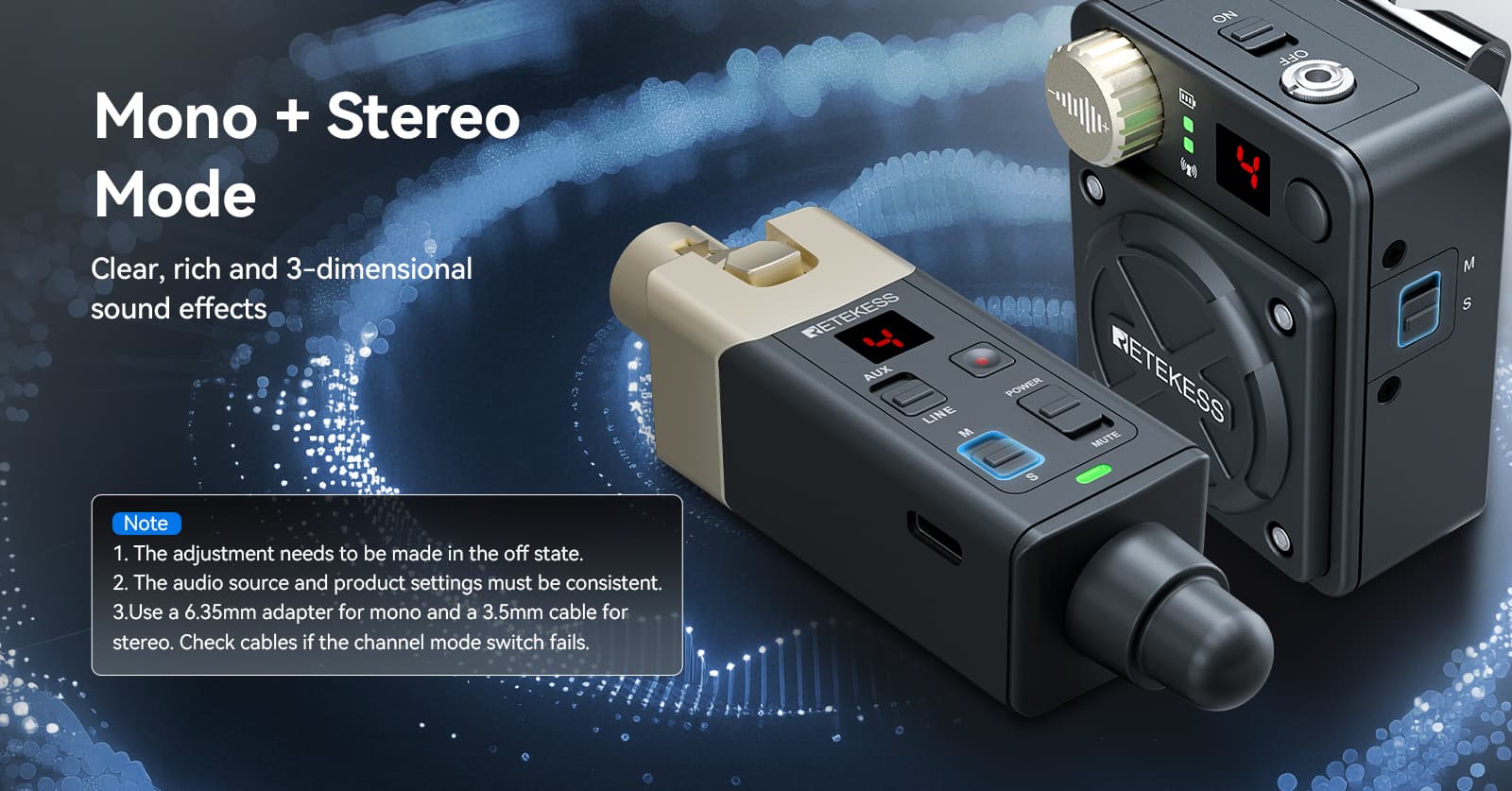



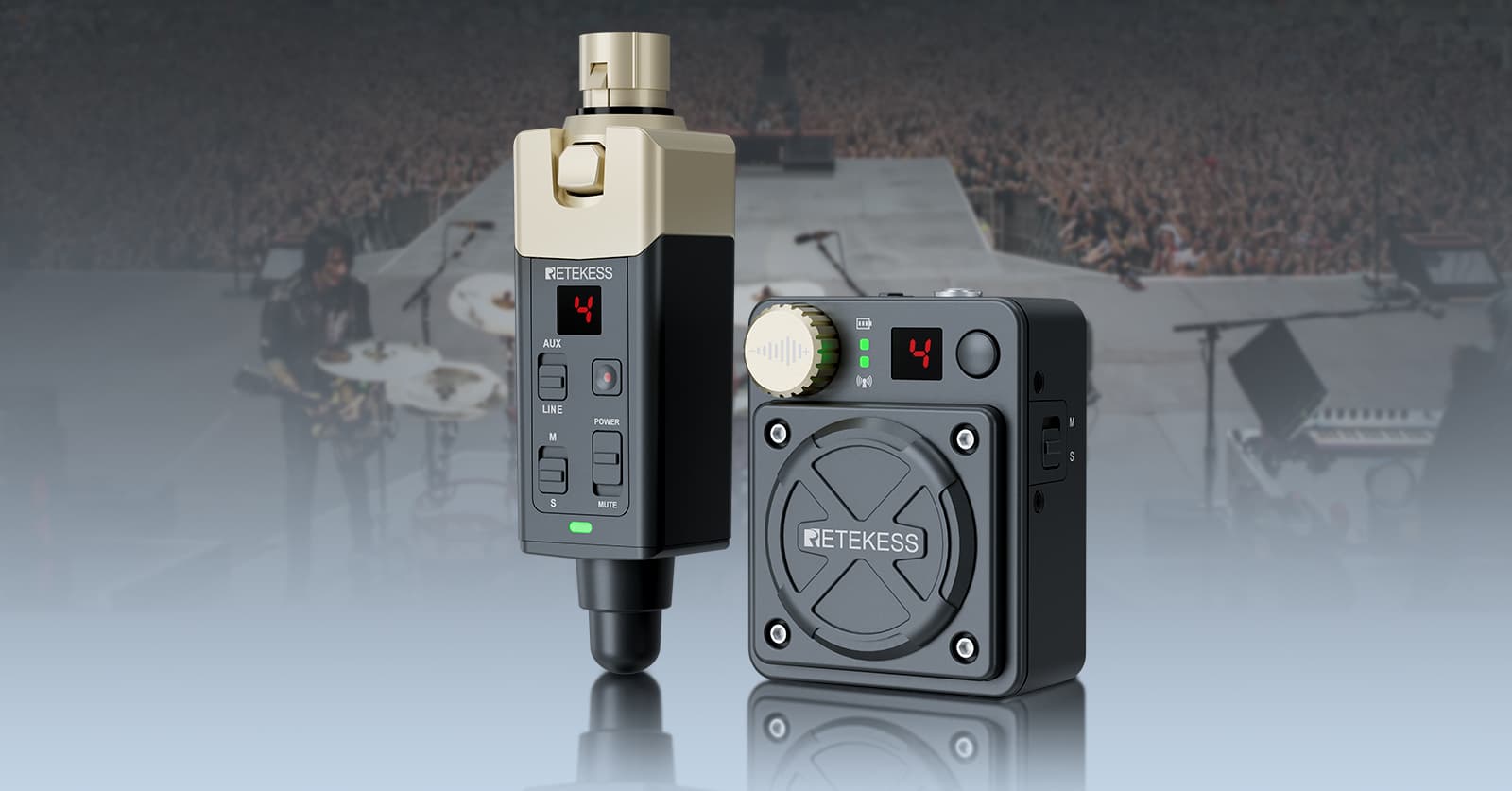


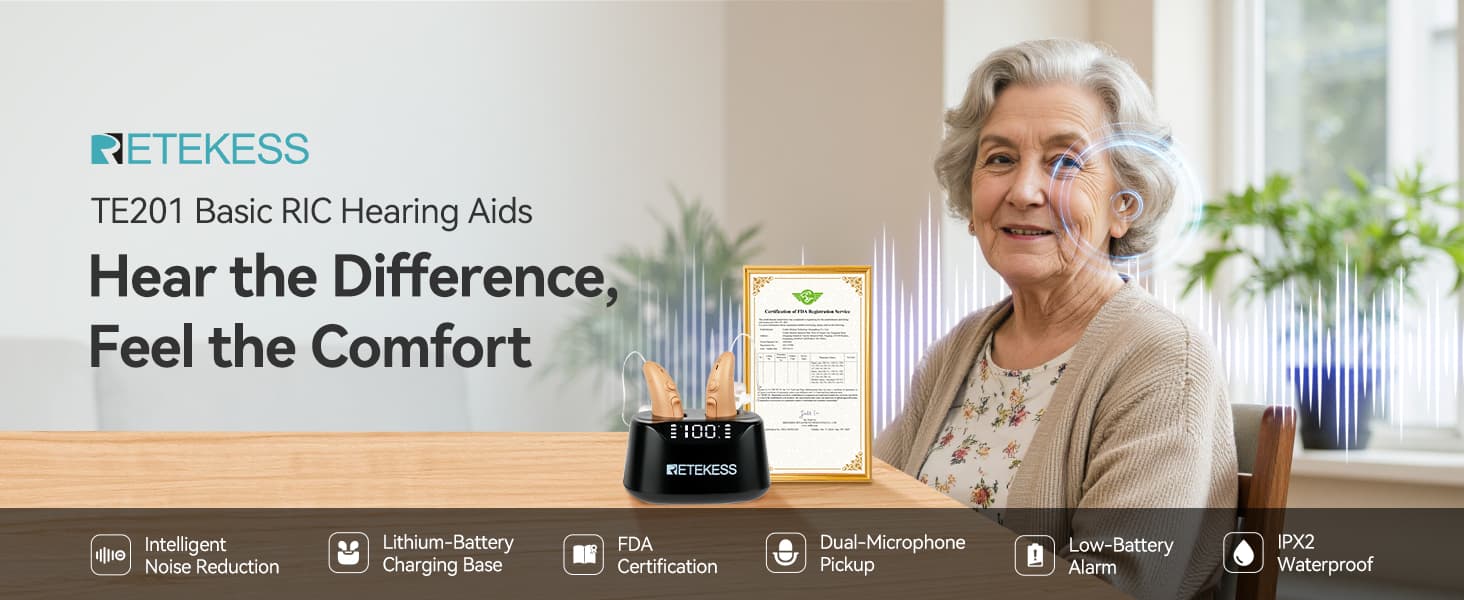

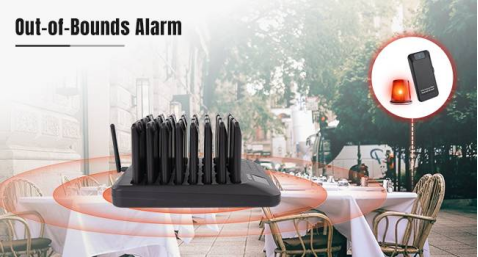

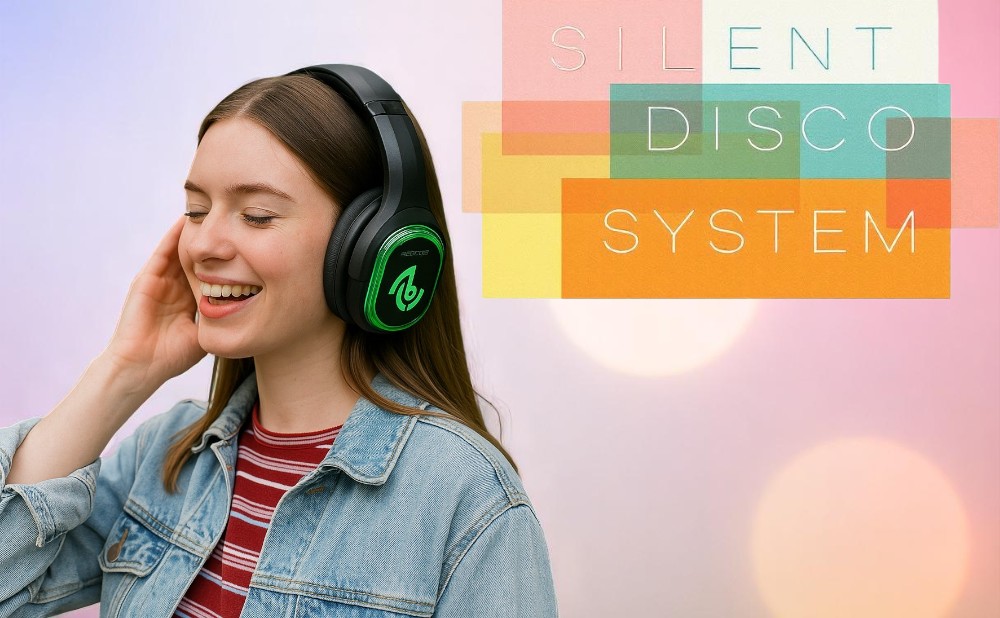







Comments (0)